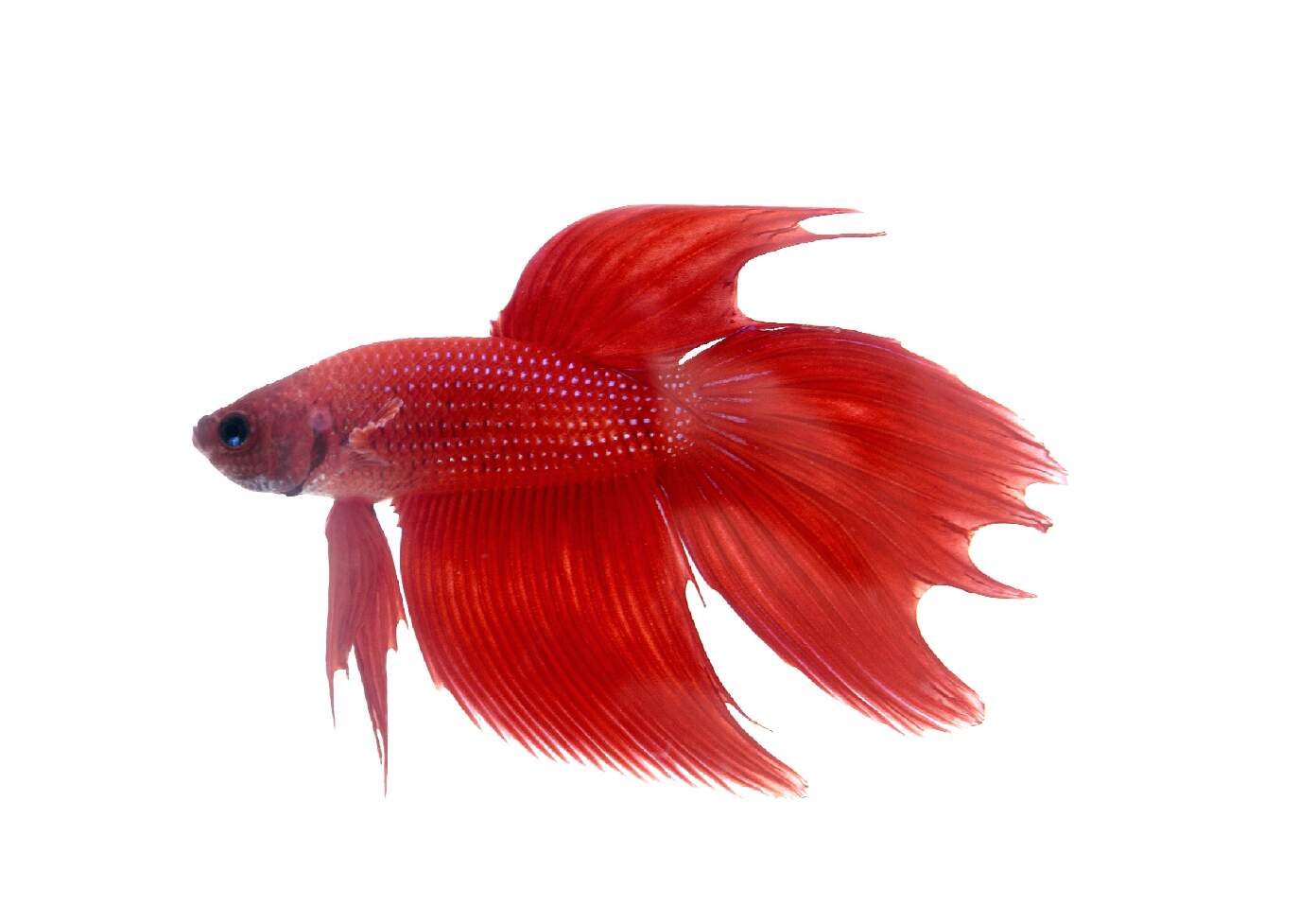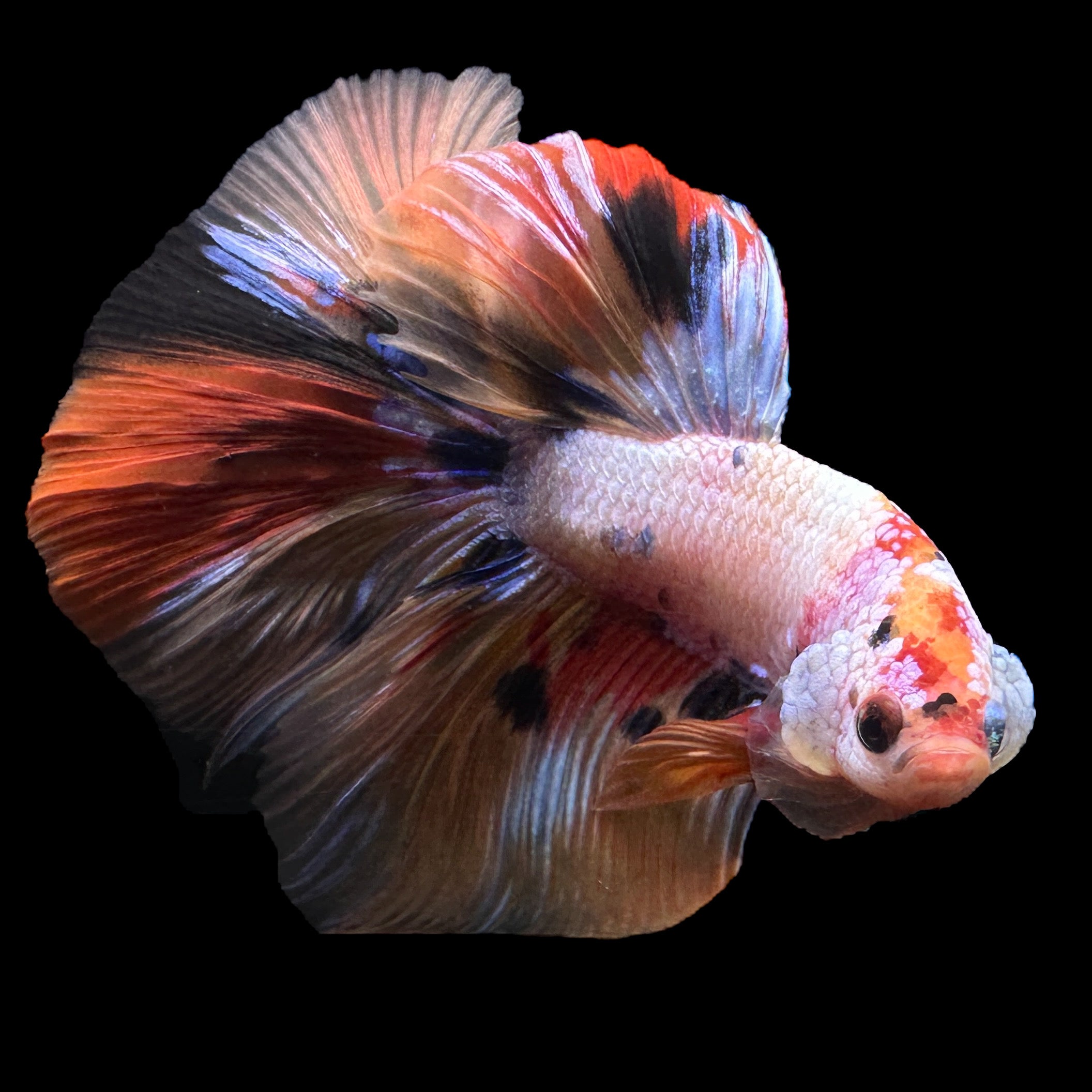Typical Betta Fish Conditions and Exactly How to stop Them
Typical Betta Fish Conditions and Exactly How to stop Them
Blog Article
The Ultimate Overview to Betta Fish Treatment: Necessary Tips for Keeping a Healthy And Balanced and Flourishing Aquarium Setting
Efficient Betta fish care necessitates an extensive understanding of their special ecological and physiological requirements. Establishing an appropriate aquarium begins with picking the right storage tank dimension and ensuring optimum water problems, which are crucial for the health and wellness and health of your Betta.
Selecting the Right Storage Tank
Choosing the ideal storage tank for your Betta fish is essential to ensuring its health and wellness and well-being. Bettas flourish in settings that imitate their natural habitats, which generally consist of tranquility, warm waters. A storage tank dimension of at the very least five gallons is recommended to give adequate swimming area, as smaller sized tanks can result in anxiety and wellness issues for these vivid fish.
When choosing a container, think about the storage tank's form and filtration system. A rectangular container is more suitable to a bowl, as it provides much more area for oxygen exchange. Furthermore, a reliable filtration system is vital to maintain water quality and minimize the frequency of water changes (betta fish). However, it's essential to pick a filter with a mild circulation, as Bettas are not solid swimmers and may resist solid currents.
Temperature level guideline is another key factor; Bettas favor water temperature levels between 76 ° F and 82 ° F. Purchasing an excellent heating unit will guarantee that the water continues to be within this array, advertising a healthy and balanced and active way of living for your Betta. Last but not least, offering appropriate container decors and concealing places will help in reducing stress and motivate all-natural behaviors, better boosting your Betta's health.
Preserving Water High Quality
Keeping optimum water quality is necessary for the health and wellness and long life of Betta fish. This calls for routine surveillance of numerous parameters, including temperature level, pH, ammonia, nitrite, and nitrate degrees.
The pH level ought to ideally fall in between 6.5 and 7.5. Regular testing using a reliable water testing set can assist make certain these parameters remain within the suitable varieties. Ammonia and nitrite degrees must always be at 0 ppm, as even low concentrations can be toxic to Betta fish. Nitrate levels must be maintained under 20 ppm to avoid lasting wellness issues.
Normal water modifications are vital to maintaining water quality. It is recommended to change 25-50% of the container water weekly, relying on the storage tank size and stocking degrees. Utilizing a top quality water conditioner can aid eliminate hazardous chemicals from faucet water, guaranteeing a safe setting. Additionally, integrating a robust purification system can help in maintaining water quality and high quality, providing a much healthier environment for your Betta fish.
Perfect Feeding Practices
Offering a well balanced diet is important for the health and wellness and dynamic pigmentation of Betta fish, as their nutritional requirements play a considerable role in their general well-being. Betta fish are carnivorous naturally, needing a diet high in healthy protein. A combination of high-quality pellets, icy or live foods such as bloodworms, salt water shrimp, and daphnia can supply the important nutrients they require.
Feed your Betta fish two to three times a day, supplying only what they can take in within 2 to 3 mins to stop overfeeding and keep water top quality. Overfeeding can lead to weight problems and health and wellness issues, including swim bladder illness. It is crucial to check their nutritional consumption and adjust section sizes appropriately.
Along with protein, a well balanced diet regimen ought to consist of minerals and vitamins to promote optimal health and wellness. Consider supplementing their diet with premium flakes or pellets especially developed for Betta fish, as these usually include required ingredients.

Developing an Appropriate Habitat

Water quality is vital; keep a temperature between 76 ° F and 82 ° F, and make sure the pH degree ranges from 6 - betta fish.5 to 7.5. Routine water adjustments of visit this site right here 25-50% each week will certainly assist maintain toxic substances away and make certain a stable atmosphere
Integrating plants and concealing spots is critical, as Betta fish are naturally territorial and delight in having locations to discover and pull back. Live or silk plants, in addition to caves and ornaments, can create a revitalizing environment.

Routine Health Checkups
Carrying out regular health appointments is essential for making sure the well-being of Betta fish, as very early detection of possible problems can avoid significant illness. These appointments should include a detailed evaluation of the fish's physical problem, actions, and ecological variables.
Begin by observing the Betta fish for any kind of indications of distress, such as lethargy, loss of cravings, or unusual swimming patterns. Additionally, check the fins and body for signs of staining, sores, or fin rot, which can indicate infections or bloodsuckers. On a regular basis keeping track of the water quality in the fish tank is similarly crucial; parameters such as pH, ammonia, nitrite, and nitrate degrees should be maintained within optimal arrays to stop anxiety and ailment.
Moreover, consider maintaining a log of health monitorings and water quality tests. Prompt intervention can make a significant distinction in the recuperation of your Betta fish, making certain a lengthy and healthy life in a well-maintained fish tank atmosphere.
Conclusion
In see page conclusion, effective Betta fish care hinges on developing and keeping an ideal fish tank environment. By following these guidelines, aquarists can promote the health and vibrancy of Betta fish, eventually resulting in a thriving marine ecological community.
Report this page